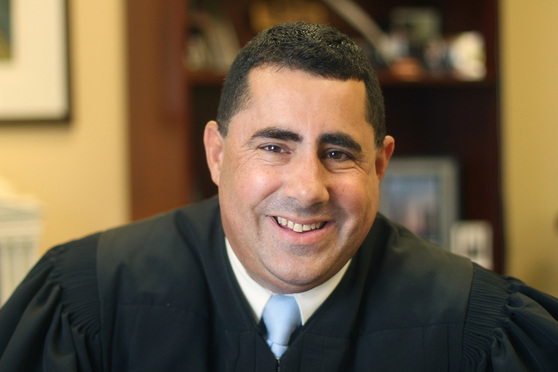Forward-Looking Defense: Stephen Millan’s Blueprint for the Future of Criminal Law
Forward-Looking Defense: Stephen Millan’s Blueprint for the Future of Criminal Law
Blog Article
The area of offender security is continually evolving, and no body understands this a lot better than Stephen Millan. As an experienced attorney with a forward-thinking strategy, Stephen Millan MIAMI has developed a unique perspective on the ongoing future of criminal defense. With improvements in technology, legal practices, and societal objectives, the landscape of offender law is undergoing a transformation, and Millan envisions the next where development, equity, and performance get center period in protection strategies.

Embracing Engineering in Criminal Safety
One of the most significant improvements Millan anticipates could be the raising position of engineering in criminal defense. From synthetic intelligence (AI) and information analytics to breakthroughs in forensic technology, engineering is revolutionizing the way in which instances are prepared and argued. Millan anticipates that in the foreseeable future, AI instruments will undoubtedly be built-in to situation preparation, supporting defense attorneys sift through big amounts of evidence, discover designs, and identify flaws in the prosecution's event more efficiently.
Digital systems will also streamline interaction between customers and attorneys, making it simpler for defendants to stay informed and connected. The utilization of virtual courtrooms and electronic evidence demonstration, particularly accelerated by the COVID-19 pandemic, is anything Millan needs to continue growing, giving more accessible and successful approaches to conduct trials.
A Focus on Criminal Justice Reform
Millan is also profoundly devoted to criminal justice reform, a trigger that he believes can shape the continuing future of offender defense. He envisions a future where in fact the justice system prioritizes rehabilitation around punitive methods, especially for non-violent offenders. With rising public awareness about bulk incarceration and their societal influences, Millan considers an opportunity for defense attorneys to enjoy an integral position in forcing for more gentle sentencing procedures and solutions to jail time, such as for example community-based applications and restorative justice practices.
More over, Millan envisions a method wherever racial and socioeconomic biases are addressed more effectively. He believes that as more data is collected on disparities in sentencing and arrests, there is a better force for fairness in the appropriate program, ultimately causing improvements in how offender safety is used and how guidelines are enforced.
The Rise of Collaborative Protection Groups
In the foreseeable future, Millan foresees the rise of collaborative security clubs composed of not only attorneys but also experts in areas like psychology, forensic research, and cultural work. These groups will work together to address the complexities of every situation, providing more comprehensive and holistic protection strategies. By leveraging the experience of multiple experts, the defense could possibly offer more well-rounded fights, problem the prosecution's evidence more efficiently, and eventually increase outcomes for clients.
This method aligns with Millan's belief that criminal defense should not be considered a solitary endeavor. Instead, security attorneys works along side specialists to ensure every aspect of the event is totally analyzed and every probable defense avenue is explored.

Training the Community on Offender Legislation
Still another important section of Stephen Millan's vision money for hard times is teaching the public about their rights and the offender justice system. He envisions a future wherever people are greater prepared to comprehend the legitimate functions they may encounter. As offender safety lawyers like Millan carry on to raise attention about issues like wrongful convictions, bail reform, and the significance of legal representation, Millan feels that the general public will be more aggressive in seeking justice and more aware of the sources available to them. Report this page